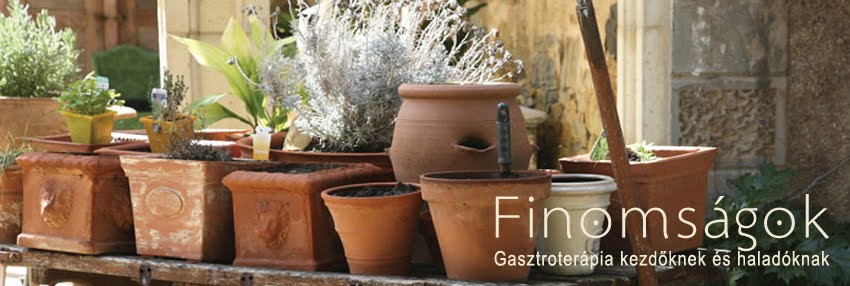Gastronomy
is the study of the relationship between culture and food. It is often thought erroneously that the term gastronomy refers exclusively to the art of cooking (see Culinary Arts), but this is only a small part of this discipline; it cannot always be said that a cook is also a gourmet. Gastronomy studies various cultural components with food as its central axis. Thus it is related to the Fine Arts and Social Sciences, and even to the Natural Sciences in terms of the digestive system of the human body.
is the study of the relationship between culture and food. It is often thought erroneously that the term gastronomy refers exclusively to the art of cooking (see Culinary Arts), but this is only a small part of this discipline; it cannot always be said that a cook is also a gourmet. Gastronomy studies various cultural components with food as its central axis. Thus it is related to the Fine Arts and Social Sciences, and even to the Natural Sciences in terms of the digestive system of the human body.
A gourmet's principal activities involve discovering, tasting, experiencing, researching, understanding and writing about foods. Gastronomy is therefore an interdisciplinary activity. Good observation will reveal that around the food, there exist dance, dramatic arts, painting, sculpture, literature, architecture, and music; in other words, the Fine Arts. But it also involves physics, mathematics, chemistry, biology, geology,agronomy, and also anthropology, history, philosophy, psychology, and sociology. The application of scientific knowledge to cooking and gastronomy has become known as molecular gastronomy.
The first formal study of gastronomy is probably The Physiology of Taste by Jean Anthelme Brillat-Savarin(early 19th century). As opposed to the traditional cooking recipe books, it studies the relationship between the senses and food, treating enjoyment at the table as a science. Most recently, in 2004, the founders of the Slow Food movement founded the University of Gastronomic Sciences in Bra, Italy, devoted to the principles of gastronomy.[1] Other centres for the study of gastronomy include the School of Oriental and African Studies of the University of London through its Food Studies Centre, the University of Adelaidethrough its Master of Arts in Gastronomy program run in cooperation with Le Cordon Bleu, New York University's Steinhardt School of Culture, Education, and Human Development through its Department of Nutrition, Food Studies, and Public Health, the Universities of Barcelona, Bologna, and of François Rabelaisin Tours through their Master in the History and Culture of Food and Boston University through its Master of Liberal Arts in Gastronomy program.
Etymologically, the word "gastronomy" is derived from Ancient Greek γαστήρ (gastér) "stomach", andνόμος (nómos) "knowledge" or "law".
What's so special about Maldon salt?
The reason so many people have found this seasoning a pleasure to use lies - strangely - in its lack of saltiness. It is a mild salt, one that has none of the bitter after taste you find in so many of the cheaper household salts.
The salt appears as flakes rather than hard grains like so many of the French salts, this makes for easy crumbling, so you can rub the salt over your food between your thumb and fingers.
